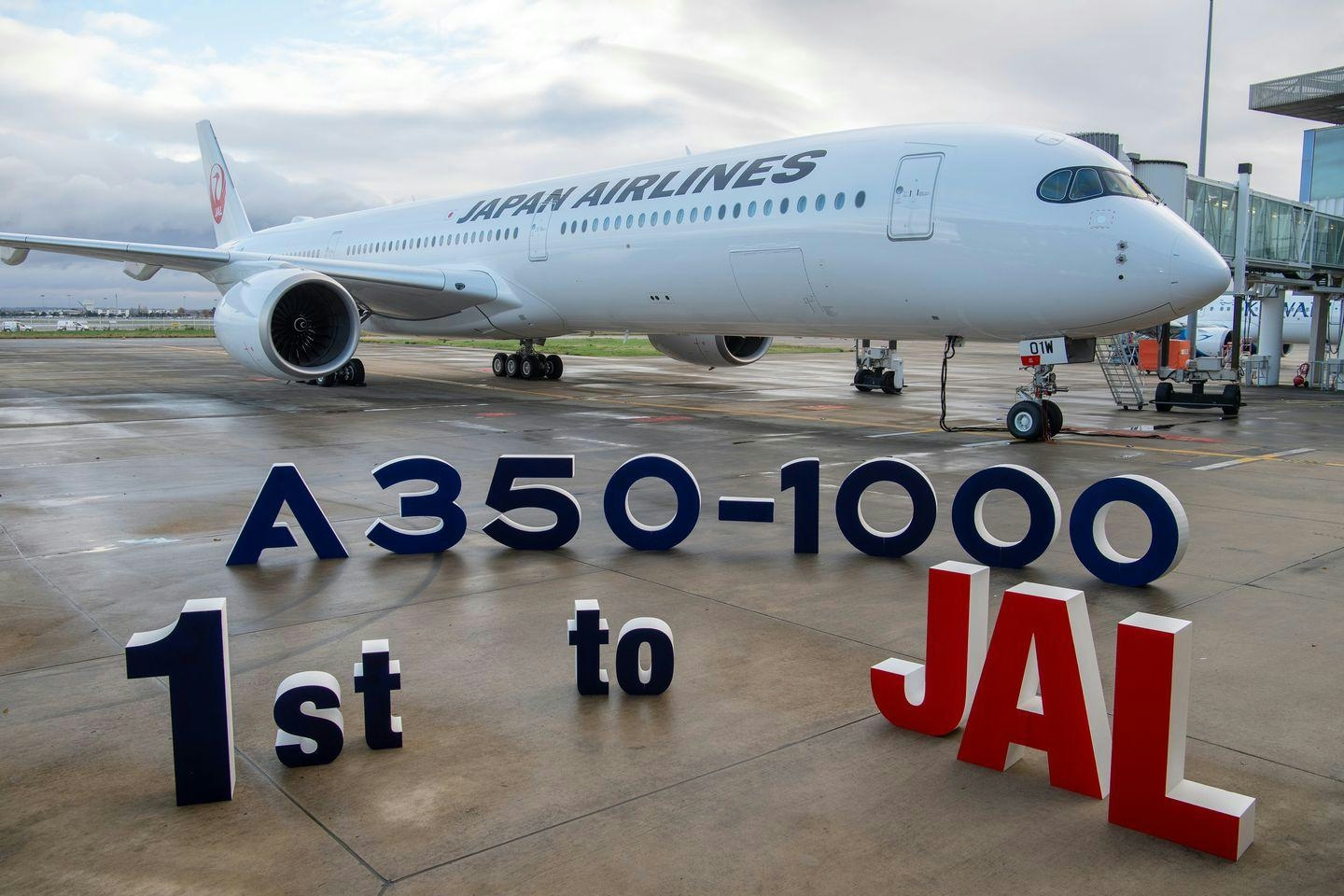エアロジニー — あなたのインテリジェントな副操縦士。
現在のトレンド
Categories
Airbus Delivers 61 Aircraft in August 2025, Reaches A350-1000 Milestone

Airbus Delivers 61 Aircraft in August 2025, Reaches A350-1000 Milestone
Airbus achieved a significant milestone in August 2025 by delivering 61 aircraft, underscoring its sustained momentum in the global aviation market. This performance also marked a key achievement for the A350-1000 program, reinforcing the European aerospace manufacturer’s commitment to innovation and efficiency amid ongoing industry challenges.
Delivery Performance and Market Context
The delivery of approximately 60 aircraft in a single month reflects Airbus’s determined effort to meet its ambitious annual production targets. Industry analysts emphasize that maintaining this delivery pace throughout the remainder of the year will be critical, particularly as the company contends with supply chain complexities and fluctuating demand in a highly competitive environment. The A350-1000, Airbus’s flagship widebody jet, continues to be a cornerstone of its long-haul portfolio, attracting airlines with its fuel efficiency and enhanced passenger comfort.
Market observers are closely monitoring how Airbus’s delivery figures position the company relative to its primary competitor, Boeing. Despite Airbus’s strong August performance, Boeing remains a formidable rival, especially as it pursues a potential 500-aircraft deal with China. Such an agreement could substantially increase Boeing’s backlog and market share in the region, intensifying the competition between the two aerospace giants.
Industry Challenges and Competitive Dynamics
The competitive landscape is further complicated by ongoing negotiations and operational challenges faced by both manufacturers. For example, Air Canada’s recent difficulties with the 737 MAX highlight the operational risks inherent in fulfilling orders and maintaining customer confidence. These challenges underscore the broader pressures within the industry as manufacturers strive to balance production demands with safety and reliability.
As the year advances, Airbus’s ability to sustain high delivery volumes will be pivotal not only for its operational resilience but also for influencing market sentiment. Airlines and lessors are carefully evaluating their fleet strategies amid evolving global demand, making Airbus’s performance a key factor in shaping the commercial aviation sector’s trajectory.
In delivering 61 aircraft in August 2025 and reaching the A350-1000 milestone, Airbus has reinforced its leadership position. However, with Boeing actively seeking to expand its footprint—particularly in the Chinese market—the competitive race remains intense, and the industry will be closely watching whether Airbus can maintain its momentum through the end of the year.

Capital A Completes Sale of Aviation Business to AirAsia X

Four Gateway Towns to Lake Clark National Park

PRM Assist Secures €500,000 in Funding

Should Travelers Pay More for Human Support When Plans Go Wrong?

InterGlobe Aviation Shares Rise 4.3% Following January Portfolio Rebalancing

Key Market Segments Shaping Airline Route Profitability Software

Locatory.com Gains Traction Among Aviation MROs and Suppliers

JetBlue Flight Makes Emergency Landing Following Engine Failure

58 Pilots Graduate from Ethiopian University

The Engine Behind Boeing’s Latest Widebody Aircraft
